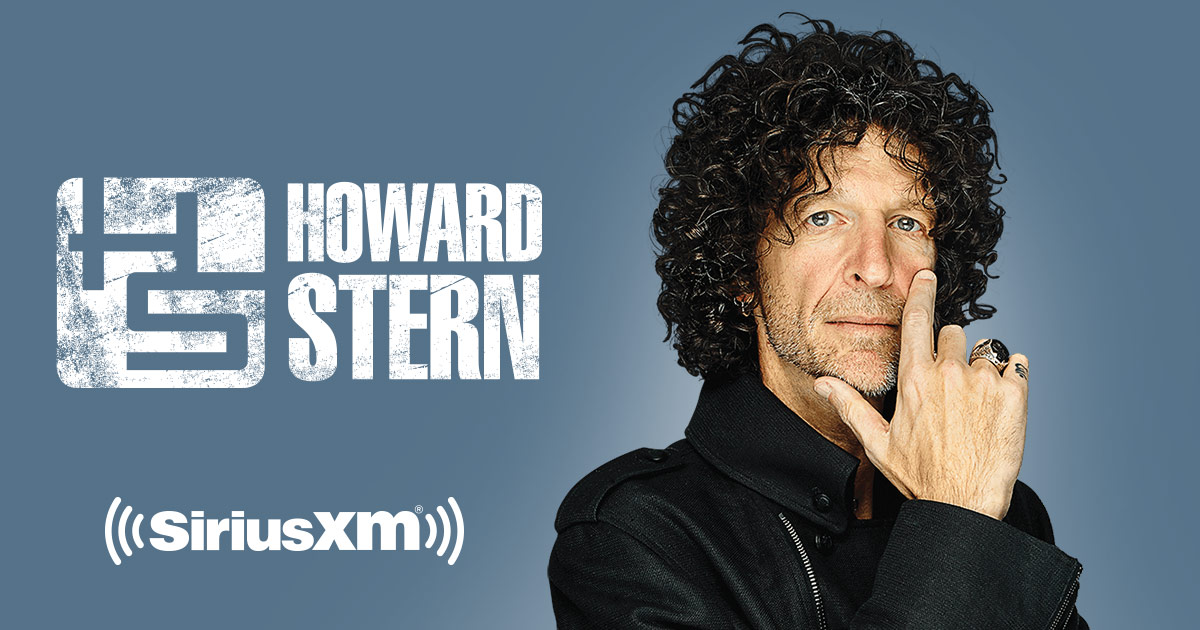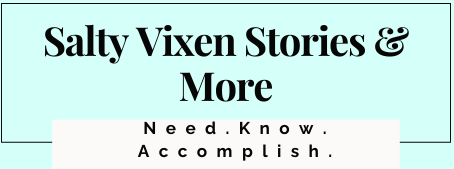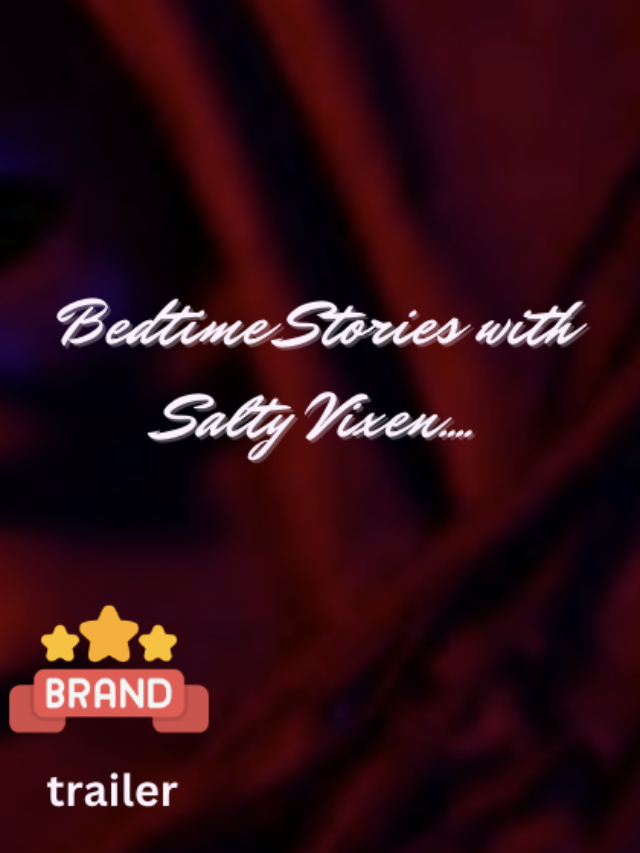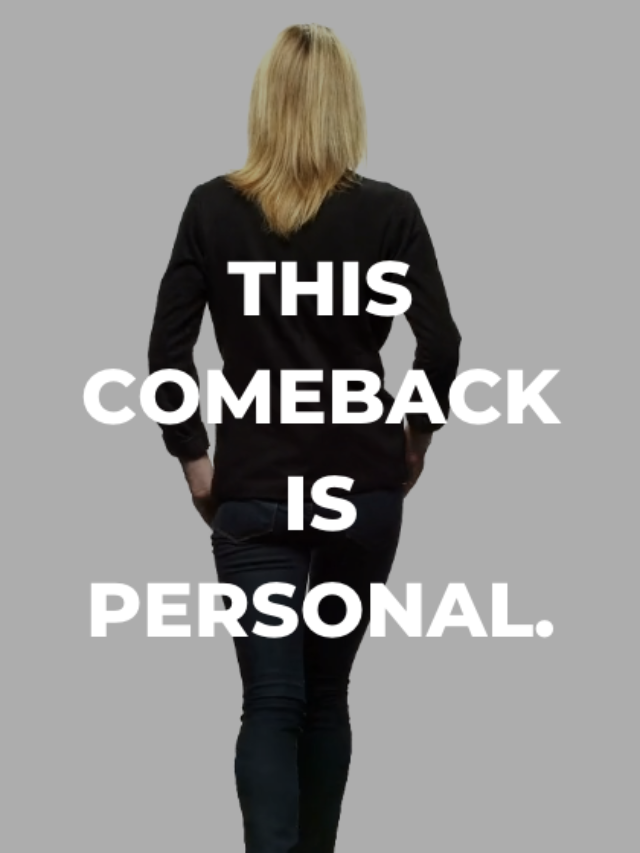
Before I get into specifics, it’s worth explaining why I’m using Howard Stern (Stern) as an example. If you’re not in the US and only have a vague memory of the movie ‘Private Parts’ you may be wondering why a New York DJ’s worth talking about. I love Howard Stern, he is one of the many who inspired me for Salty Vixen- Alan Almond, from Michigan who did Pillow Talk and a polo player named Mark Tomlinson- one of the kindest people in the world I will always hold high regards to. (I knew him in 2004, a lovely person).
Stern’s the most important broadcaster in America if you’re in the Jizz Bizz. He’s the only major public figure who is honest about using and enjoying pornography and, perhaps because of that, has a huge audience of 18-35 year old males who trust his opinions about what’s good and bad.
Being on Stern’s radio show can help make a career, Jenna Jameson’s the prime example, and it can also bring down a website if you’re not prepared for a tsunami of extra visitors.
Dealing with Stern is essentially no different to dealing with any major media outlet. The image of the show might be ‘rock ‘n’ roll’, but behind the scenes things are run along the same lines that govern everything from ‘The View’ to ‘Jerry Springer’.
So how do you pitch your story to Stern and what do you do when you’re invited on?
Here are ten tips for getting onto the Howard Stern Show:
1. Pitch the right person
Nothing will get you ignored more quickly than showing that you haven’t bothered to find out who to talk to.
Most shows have a guest booker/coordinator and that person has a name. Find out what it is and ask to speak to that person. If you appear to be trying to go around them you’ve made an immediate enemy for no reason at all.
2. Don’t pitch on Monday’s and Fridays
Monday’s are busy. After the weekend there are piles on unopened mail and usually a lot of stuff left over from Friday. Anything arriving on Monday, when people are busiest, will get less time than things arriving later in the week.
Friday’s no good either. Even if your pitch is great it’ll be mostly forgotten by Monday and if it’s remembered, there’ll be a pile of newer stuff on Monday which make your story look like a missed opportunity.
Timeliness is important. Shows prioritize stories that have to be told ‘now’. If yours can wait – it will.
3. Don’t pitch by post
The mail, and email to a lesser extent, is a great way to get people documents and materials, but you won’t ever get booked on a show by sending letters.
Most guest bookers have a preferred method of communication and for 99% of them it’s the phone. None of them have the time to respond to letters. If you use the mail to introduce yourself to a show, follow-up by phone.
4. Learn their schedule
Shows normally have a ‘pitch meeting’ once or twice a week. That’s when the team plans their next few shows and who the guests will be. You stand a far better chance of being chosen as a guest if you know when those meetings are, and make your pitch a few hours before they happen. Your story will be fresh in someone’s mind and your story will appear to be ‘hot’.
5. Get to the point and go away
On the phone you should be polite but not verbose. Guest bookers and producers are busy people. Introduce yourself, make your pitch in three sentences or less (work it out before hand!) and then listen.
If you’re asked a lot of questions you might be taking part in a pre-interview. Most big shows like to provide their presenter(s) with the ‘juicy’ parts of your story so they don’t miss anything good. The pre-interview is where they find out what those juicy parts are. Be prepared to answer detailed questions – a pre-interview is a definite sign of interest.
Listen to what you’re told. If you get a straight ‘we’re not interested right now’ leave it. Don’t complain, implore or try to pitch the same idea again (never pitch the same idea twice, you’ll get written off as an idiot).
If you’re told to follow up do it exactly how, and when, you’re asked to. You want your contact to see you as part of their team. Make it clear that you’ll work with them however they’d like you to.
If you’re asked for an exclusive say yes, but use it to get a firm confirmation on your appearance. You want your story to seem ‘hot’, and you want them to know you’ll take it somewhere else if they don’t want it.
Congratulations - in a week you’re going to be on the Stern Show. Here’s how not to blow it.
6. Arrive on time
Obvious but worth saying. If you arrive late you’ll never get booked again. They’ll hate you and probably ‘bump’ (bump is industry slang for reschedule) your appearance to ‘when hell freezes over’.
If you’re on Stern you might need to be at the studio as early as 6:00 a.m. Go to bed early and arrive fresh. His show goes out on TV – it’s not like most radio which you can do in your Pajama’s.
7. Bring swag
A lot of the people you deal with at the studio will know little about you. Many of them will be making no money at all in return for the ‘glamour’ of being shouted at and making coffee. Bring swag (books, DVD’s whatever you’re selling) and give it to anyone who’s interested. They’ll thank you for it and might remember you next time you need a call put through.
8. Don’t lie
When you’re being interviewed assume the person you’re talking to has done their homework. If you lie, and are caught out, you’ll bring everything else you say into question. Interviews are like dates, you want to leave an impression that makes another one a possibility.
9. Don’t advertise
After all your hard work has paid off don’t ruin things, and guarantee you’ll never be asked back, by trying to use your time to sell products. You’ll look like an amateur and turn off anyone listening to you. If your website isn’t mentioned in your introduction, and it can’t be found by Googling your name, make it the last thing you say (and ask Howard if you can mention it before you do).
10. Tell stories (don’t do shtick)
Your story was interesting enough to get you onto the show, attempting to perform a comedy routine will look, and sound, bad. Trust the interviewer to lead things and make your answers as punchy as possible.
If you’re not a good speaker, or very nervous, work out answers to common questions ahead of time. Limit your answers to two minutes and never respond with just ‘yes’ or ‘no’.
Working out your answers isn’t cheating – most celebrities roll out the same twelve anecdotes for an entire career.
Now thank everyone you met and go work on your next story.




















